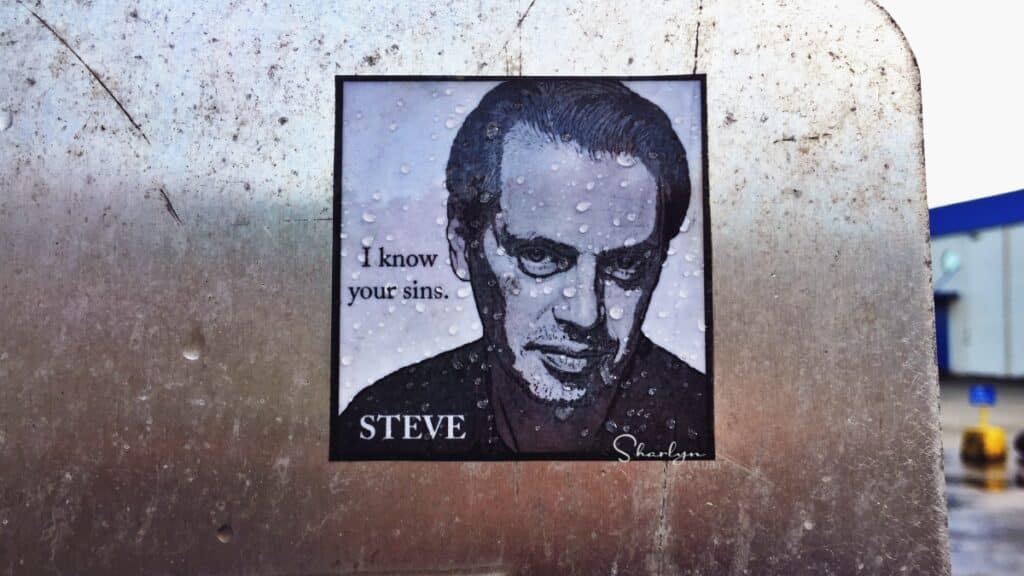Estimated reading time: 3 minutes
I’ve been hearing a lot about how work has fundamentally changed. And it’s true. People view work differently today than they did even a couple of years ago. Oh sure, there might be aspects of work they view the same. For example, I enjoyed *this* aspect of my job and I still enjoy it. Or I *loathed* this aspect of my work and I still hate it. But people are opening reevaluating the role that work plays in their lives.
Businesses need to be prepared to deal with this. I saw a recent interview with Howard Schultz, chief executive officer at Starbucks, where he said, “I realize I’m an old-school person and this is a different generation.” The quote is in the context of getting people to return to the office. While I’m not sure that remote work is a generational thing, I do agree that we must acknowledge old-school thinking regardless of the age of the person expressing it. And be prepared to change it.
But change is difficult. Especially if that old-school thinking was successful at some point. Now, the reason I’m bringing up this shift in work thinking is because I believe that creating change means being open to conversations. Possibly difficult conversations. It means feeling psychologically safe to express our point of view. For the benefit of employees, teams, and organizations.
Psychological safety is about more than trust. One way to look at it is trust is about others as in, “I trust you.” Psychological safety is about trusting others so I can be myself.
Does Your Organization Support Employee Psychological Safety
Organizations that are looking to break barriers need to create workplaces where employees feel safe. This needs to be reinforced during the candidate, new hire, and employee experience. It won’t be easy however, the rewards for employees, teams, and organizations are huge.
How to Talk About Psychological Safety in Your Organization
If an employee feels that they can’t speak up, then they need to ask themselves “Why?” and before bringing up psychological safety, do your homework and understand the audience you’re planning to talk with.
Psychological Safety is Necessary for Workforce Inclusion
Organizations should step back and ask the question, “Is it possible that employees just want to work someplace where they can be themselves?” And if they make more money doing it…well, I’ll let you finish the sentence.
Working through this shift in the fundamentals of work involves everyone. The only way we’re going to get there is by talking it out – giving feedback, getting feedback, compromising, and building consensus. Everyone is going to want options.
It will take everyone feeling comfortable and safe to start these conversations and to keep them going. Because the thing everyone needs to remember, this fundamental change…well, it’s going to happen again. We don’t know when and we don’t know what will cause it, but I feel pretty confident in saying that this isn’t going to be our last conversation about the role work plays in our lives. So building psychological safety will benefit us today and in the future.
Image captured by Sharlyn Lauby after speaking at the Flora Icelandic HR Management Conference in Reykjavik, Iceland
The post Bookmark This! The Psychological Safety Edition by #HR Bartender appeared first on hr bartender.



0 Commentaires